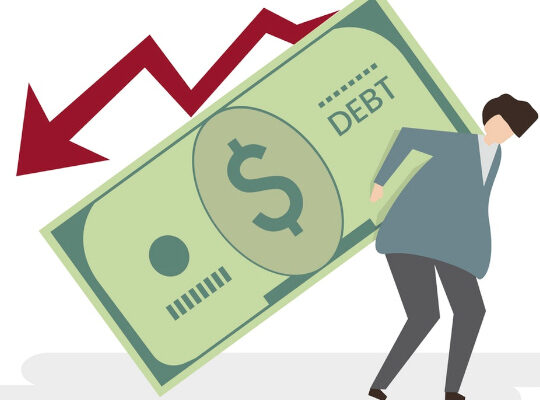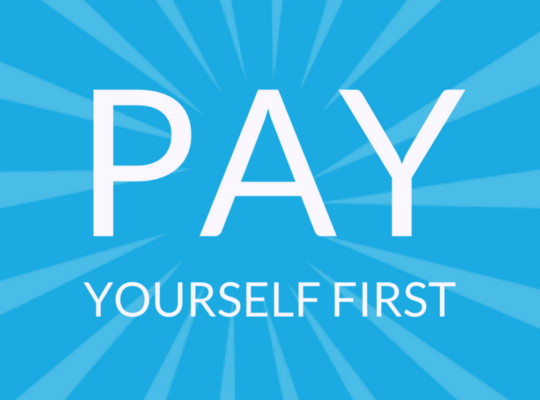
Financial stress can be caused by many factors, including debt, job loss, and unexpected costs. It can impact your health and relationships.
Here are some dos and don’ts to help you tackle financial stress:
 Don’t Ignore your money problems Don’t Ignore your money problems |  Do Take control of your finances Do Take control of your finances |
Feeling overwhelmed by money? You’re not alone. Many of us face financial stress at some point in our lives — whether it’s from major life changes like losing a job or supporting a family member to routine tasks like juggling everyday expenses.
We believe the first step to easing financial stress is getting organized. Write down your goals, create a budget, and map out your financial game plan.
Doing this won’t make you any richer, but it’ll remove the mystery of what you can and can’t afford. Plus, you’ll feel confident knowing exactly how much you need to save each month to hit your goals.
 Don’t Stress over daily news Don’t Stress over daily news |  Do Keep the big picture in mind Do Keep the big picture in mind |
There’s always some headline screaming that the market is on the brink of a downturn. Just Google “market flashes a warning sign,” and you’ll find enough stories to make your head spin.
But last we checked, the market is up over 25% in the past 12 months.
It can help to take a breath and put this type of news in perspective. Remember, history has shown us that the market consistently grows over time.
And sure, the past won’t always repeat itself. But it can help us keep a level head. So even if today’s headlines feel significant, you can look back and think that this will likely fade with time.
 Don’t Compare yourself to others Don’t Compare yourself to others |  Do Focus on your own journey Do Focus on your own journey |
It’s tempting to feel like you’re falling behind when your neighbor pulls up in a shiny new car. But comparing yourself to others often leads to unnecessary stress — and potentially overspending.
Instead, focus on your own path. When you set your financial goals, you probably didn’t write down, “Outshine my neighbor’s car.” Maybe you’re aiming for something bigger, like saving for a down payment in 10 years. So focus on making that happen.
For example, if you need $100,000 for that down payment, investing $550 per month could get you there in a decade, assuming an 8% average annual return.
What you’ll find is when you invest consistently, you’re not just building toward your goals — you’re building confidence in your financial future.






